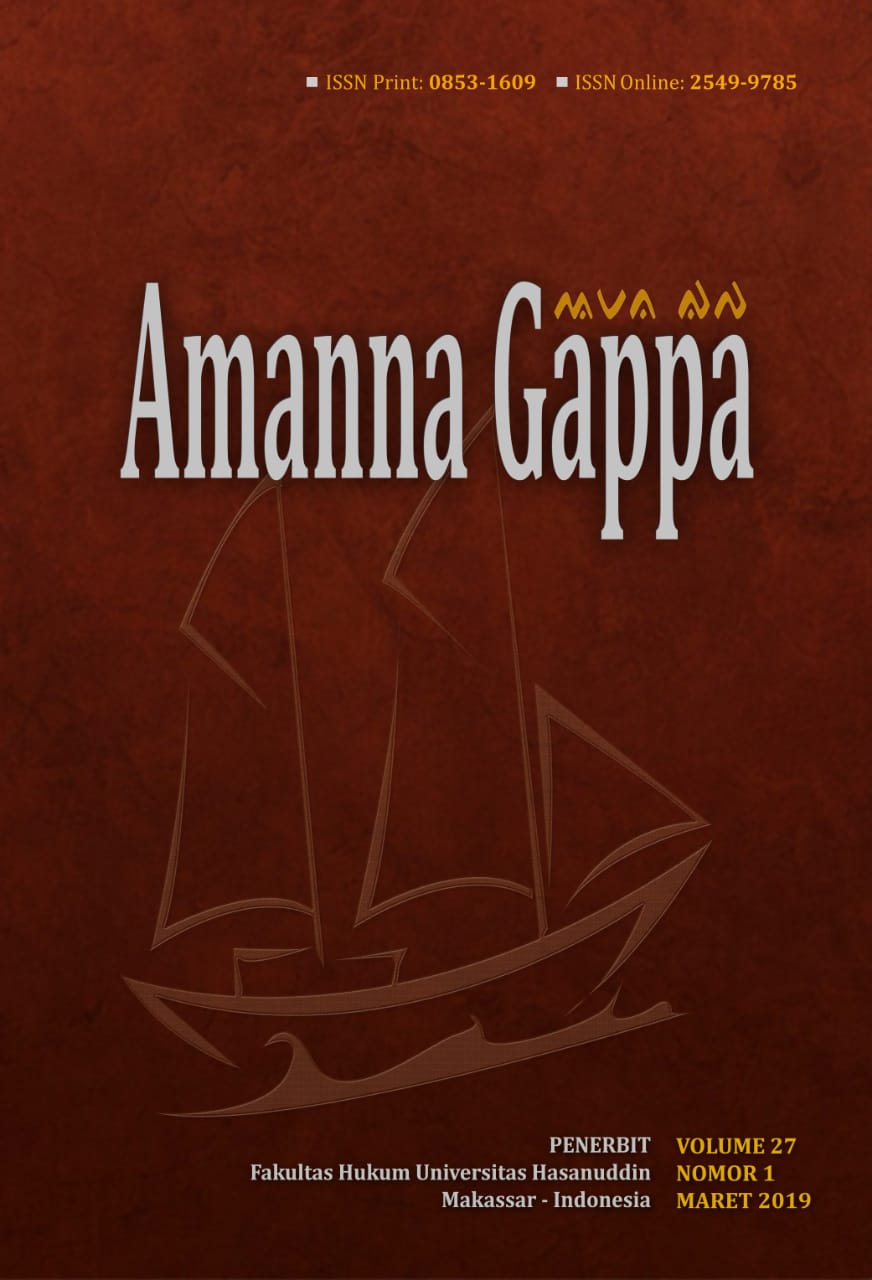Abstract
As welfare state, Indonesia is obliged to meet the basic social and economic needs of every citizen in order to guarantee a minimum standard of living. Inclusive welfare development is based on pro-ductivism, universal social investment and democratic governance. This article was conducted using library research with statute, comparative, and conceptual approaches. Meanwhile, data were analyzed descriptively, consisting of quotes. The results show that the foundation organs can be divided into three parts, namely the trustee, management and supervisor. Foundation as a legal entity has a distinctive character. This type of legal entity was born because of a legal act that is the separation of a number of wealth from the founder with a specific purpose. Limitation of the foundation as a legal entity may include several things, namely: the foundation as a legal entity, the wealth separated by the purpose of founding the foundation, does not have members, the founding of the foundation and the articles of association. Finally, it is appropriate that the Foundation Law to be reconstructed (building ideal concept) by including the roles, functions, responsibilities, obligations, and rights of the founders to avoid conflicts that might occur in the future.
Authors who publish with this journal agree to the following terms:
- Authors retain copyright and grant the journal right of first publication with the work simultaneously licensed under a Creative Commons Attribution License that allows others to share the work with an acknowledgement of the work's authorship and initial publication in this journal.
- Authors are able to enter into separate, additional contractual arrangements for the non-exclusive distribution of the journal's published version of the work (e.g., post it to an institutional repository or publish it in a book), with an acknowledgement of its initial publication in this journal.
- Authors are permitted and encouraged to post their work online (e.g., in institutional repositories or on their website) prior to and during the submission process, as it can lead to productive exchanges, as well as earlier and greater citation of published work.
